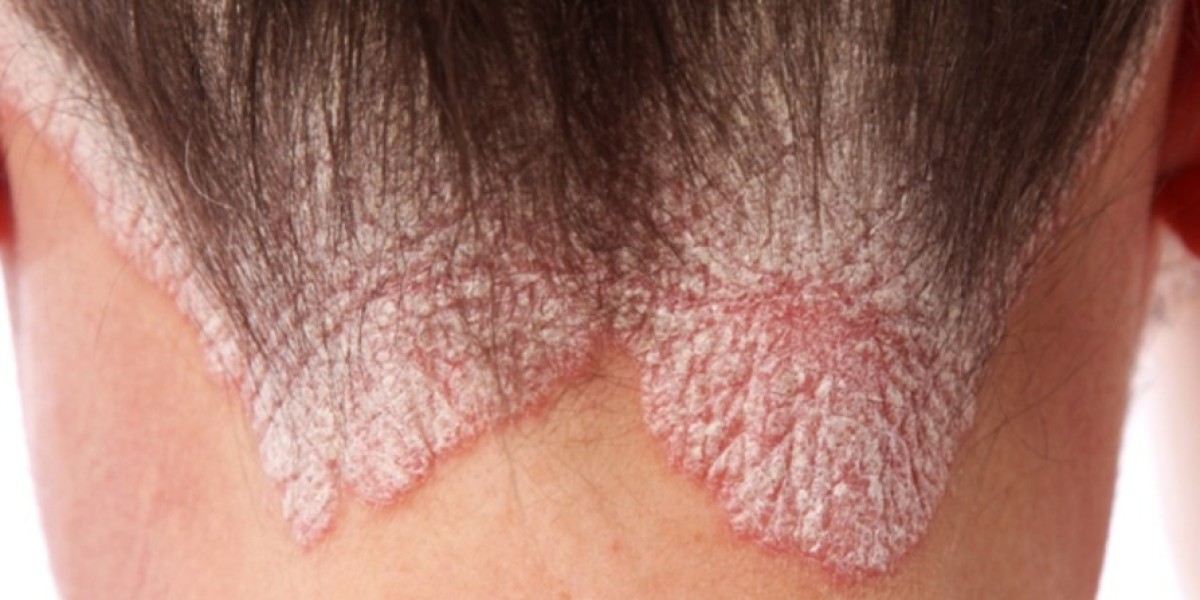Psoriasis is a widespread and frequently difficult-to-treat skin disorder characterized by inflamed, itchy, red, and scaly areas of skin. These patches can occur anywhere on the skin, although they most frequently form on the scalp, face, elbows, knees, lower back, palms, and foot soles. This blog is drafted by taking crucial insights from expert dermatologists like Dr. Shikha Aggarwal, who is known for providing the best psoriasis treatment in Ludhiana. Let’s learn about psoriasis and its related elements.
Most varieties of psoriasis are not dangerous to one's health, but they can cause extreme discomfort and damage to one's self-esteem. As a result, patients with psoriasis should get treatment from a dermatologist as soon as possible.
Types of Psoriasis
Psoriasis manifests itself in a variety of ways. Symptoms often associated with psoriasis can also be caused by other skin illnesses such as eczema, seborrheic dermatitis, and even skin cancer. There are several types of psoriasis.
- Plaque Psoriasis - The most common form of psoriasis, which begins with tiny red pimples and can progress to thick, silvery scales.
- Nail Psoriasis - A tough-to-treat localized type of psoriasis. It causes discoloration and microscopic holes in the surface of the nails, causing them to loosen, thicken, or disintegrate.
- Inverse psoriasis- It is a specific type of psoriasis that develops in the groin, beneath the breasts, or in the armpits and is occasionally misdiagnosed as a fungal infection.
- Pustular Psoriasis – Pustular Psoriasis is distinguished by elevated white bumps, or pustules, that contain noninfectious pus. Fever and chills are potential symptoms.
- Erythrodermic Psoriasis - The least common kind of psoriasis and may offer various health hazards, particularly in people with heart disease. Erythrodermic psoriasis can be fatal, increasing the risk of pneumonia and congestive heart failure in some people.
Top Psoriasis Treatment Options
- Topical Medications
Ointments, lotions, oils, non-prescription and prescription shampoos, retinoid or prescription vitamin A-related gels, and cortisone creams are examples of topical medicines for psoriasis. These medications are often given directly to the problem regions and help manage symptoms over time (when used as indicated).
- Oral Psoriasis Medications
Oral drugs such as methotrexate and cyclosporine can also be used to treat psoriasis. We usually only propose these choices if all other therapies have failed.
- Light Therapy
A variety of skin disorders, including psoriasis, have been proven to improve with light therapy. Psoriasis symptoms may be alleviated by moderate sun exposure. In addition, for a more direct and supervised method, the doctor may offer Narrowband Light Therapy or Psoralen + UVA (PUVA) therapy.
Psoriasis, in any form, may be difficult to live with. It is important to consult a dermatologist to get the proper treatment. One can consult with Dr. Shikha Aggarwal, the Best Dermatologist in Ludhiana, and get treatment if suffering from psoriasis. Book an appointment now.








